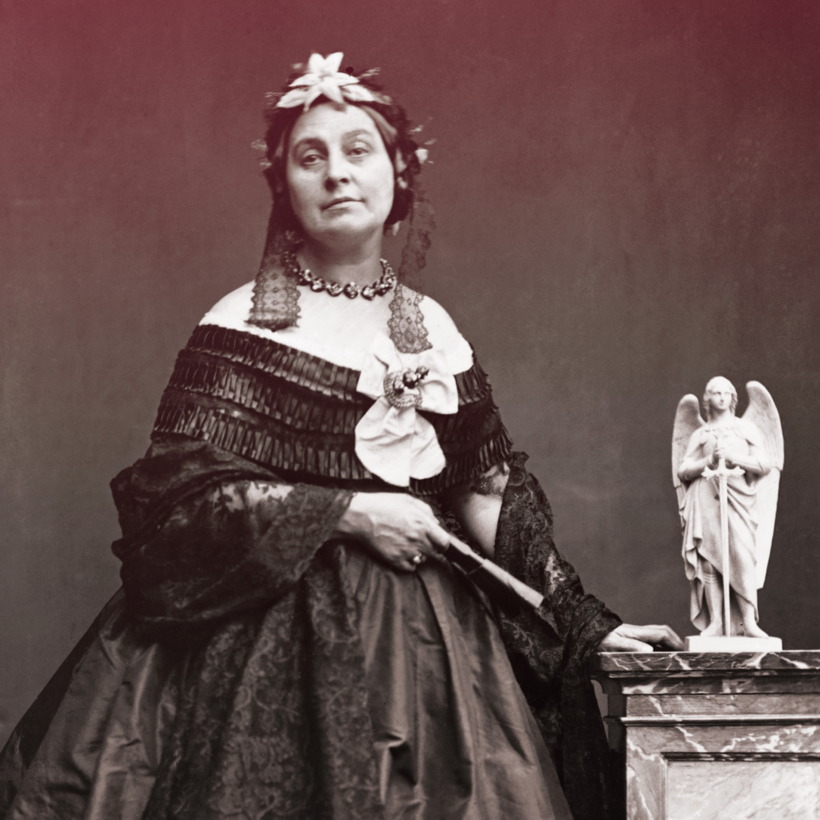What is a mother? I thought I knew. I grew up thinking that mothers were the center of the world. Any mother, all mothers, but especially my mother. This was partly because my mother, Elizabeth Longford, made all the decisions and took every action in an extremely happy marriage that lasted 70 years. She carved the Sunday roast, she drove, she dropped us off at the schools she had chosen for me and my seven siblings to attend. My beloved father, Frank Longford, did none of these things.
That’s only half the story. The other half is the Holy Mother. As a child, I concentrated my prayers on Mary, the mother of Jesus. “Hail Mary,” I would begin, and I knew that Our Lady, the great mother, was surely listening to me in heaven. As Jesus’s caretaker from the days of the manger onward, she was the center of his family. Not St. Joseph.

